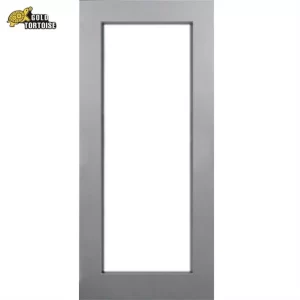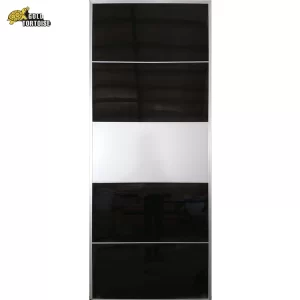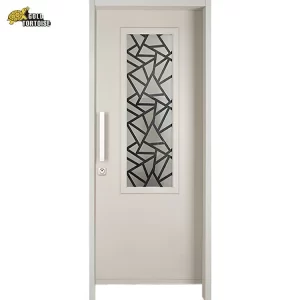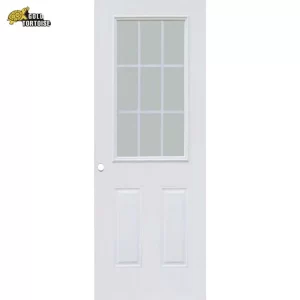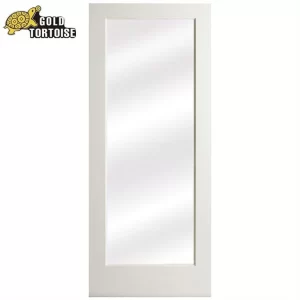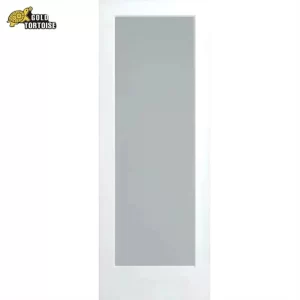Yes, fiberglass doors are a good choice for winter and are designed to perform well in cold weather conditions. They offer several advantages that make them suitable for winter climates:
1. Insulation: Many fiberglass doors have a solid core filled with insulating materials, such as polyurethane foam. This insulation helps to reduce heat transfer, keeping the interior of the home warmer during winter and potentially contributing to energy cost savings.
2. Resistance to Warping: Fiberglass is resistant to warping, even in fluctuating temperatures. This stability ensures that the door maintains a proper fit in its frame, preventing gaps that could let in cold air.
3. Durability in Cold Conditions: Fiberglass doors are durable and resistant to the effects of cold temperatures, such as cracking or becoming brittle. They maintain their structural integrity in winter weather.
4. Moisture Resistance: Fiberglass is non-porous and resistant to moisture absorption. This resistance helps prevent issues such as swelling or warping that can occur with some wood doors in cold and wet conditions.
5. Weather Sealing: Properly installed fiberglass doors come with effective weatherstripping and seals to prevent drafts and heat loss. Regular maintenance, including checking and replacing weatherstripping as needed, enhances their performance in winter.
6. Energy Efficiency: Due to their insulation properties and resistance to temperature-related issues, fiberglass doors contribute to the overall energy efficiency of a home. They help maintain a more consistent indoor temperature, reducing the workload on heating systems.
When choosing a fiberglass door for winter, consider factors such as the door’s insulation rating, energy efficiency features, and the quality of weatherstripping. Additionally, proper installation and routine maintenance are essential to ensure optimal performance in cold weather conditions. Overall, fiberglass doors are a reliable and energy-efficient option for winter climates.

